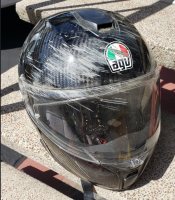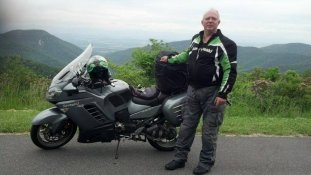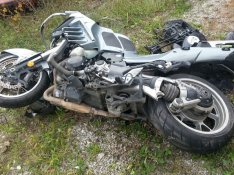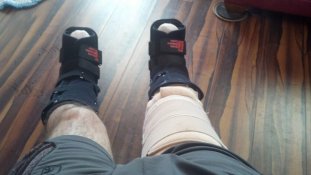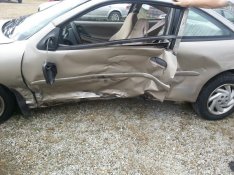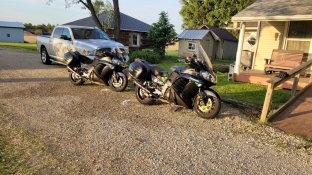I thought I would share a shocking conversation I had over the weekend. Please take every chance you get to educate and bring awareness; if not to get others to experience the sport rather a reminder that there are motorcyclists out there and to be aware of them.
A high school student (family member) shared with me what a trauma neurologist told them on an ER field trip regarding motorcycling... Trauma Neurologist Viewpoint, "There are only two types of motorcyclists:
1) The one that has visited us
2) The one who will visit us"
I shared with my family member that with application of proper and repetitive training, advances in rider equipment and discipline to wear your gear all the time can go a long way to adding a third type of motorcyclists: The POPE -
3) The Prepared, Observant, Protected, Educated motorcyclist is less likely to visit the ER.
As my family and I chatted we hit upon several other misnomers that were discussed the very same field-trip day:
So... Wear the gear all the time, stay observant everywhere you go, in town or even rural roads - more dangerous, training. I am due for another course, it's been several years.
Wayne, Carol & Blue
A high school student (family member) shared with me what a trauma neurologist told them on an ER field trip regarding motorcycling... Trauma Neurologist Viewpoint, "There are only two types of motorcyclists:
1) The one that has visited us
2) The one who will visit us"
I shared with my family member that with application of proper and repetitive training, advances in rider equipment and discipline to wear your gear all the time can go a long way to adding a third type of motorcyclists: The POPE -
3) The Prepared, Observant, Protected, Educated motorcyclist is less likely to visit the ER.
As my family and I chatted we hit upon several other misnomers that were discussed the very same field-trip day:
- In town riding is safer than the highway - totally false
- There are significantly more variables in town than on the highway, cross streets, driveways, controlled intersections, curbs, oncoming traffic, signs galore, pets, etc.
- Only need a helmet when on the highway - totally false
- See other bullets here...
- Helmet don't save lives or improve outcomes - totally false
- Accident data has proven most accidents are at a low speed, in town, or at an intersection and the helmet will protect your squash
- Laying down the motorcycle before a collision slows you down quicker and prevents direct collision with fixed object, car, animal - totally false
- You can stop much faster with rubber than metal or pants sliding across the ground
- You can't emergency evade an object if the bike is laying down
- If you are on the ground sliding toward an object you have ZERO control, guard rails, poles, signs are going to shred you to pieces
So... Wear the gear all the time, stay observant everywhere you go, in town or even rural roads - more dangerous, training. I am due for another course, it's been several years.
Wayne, Carol & Blue


